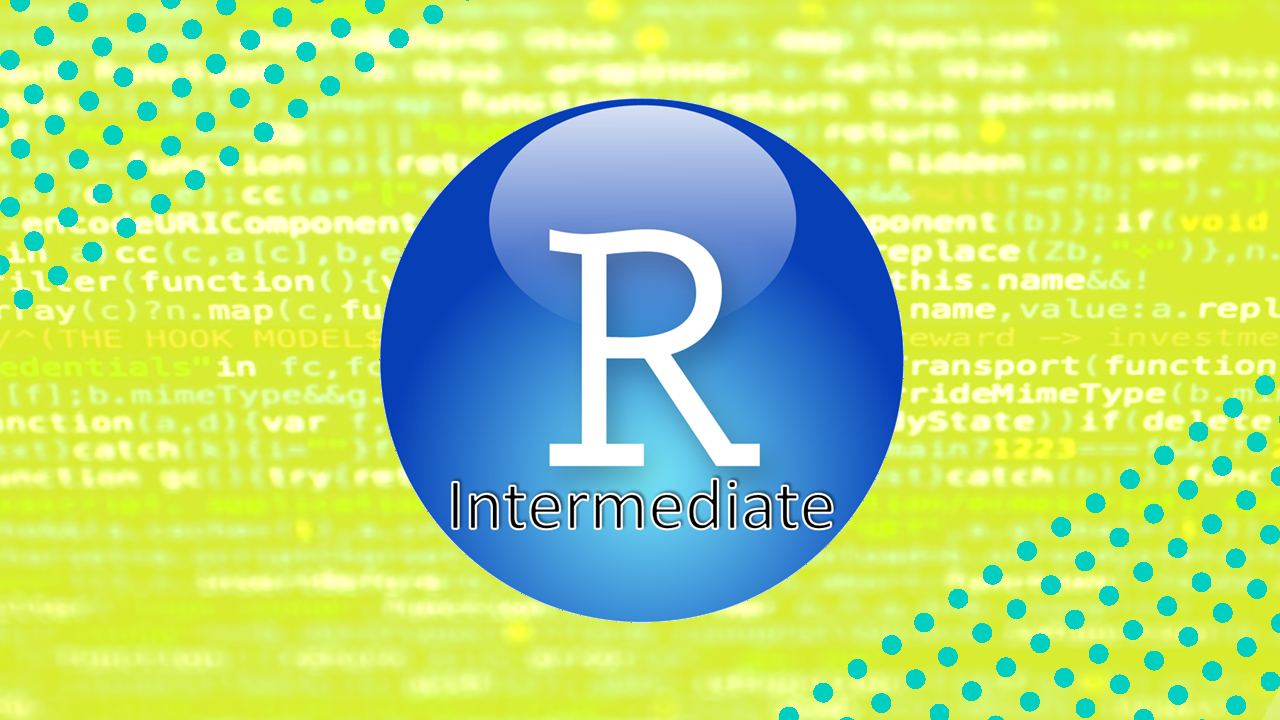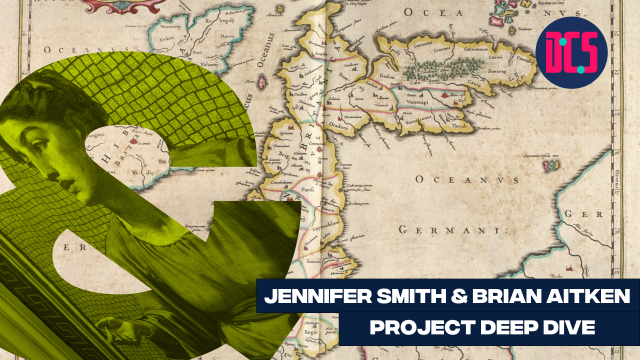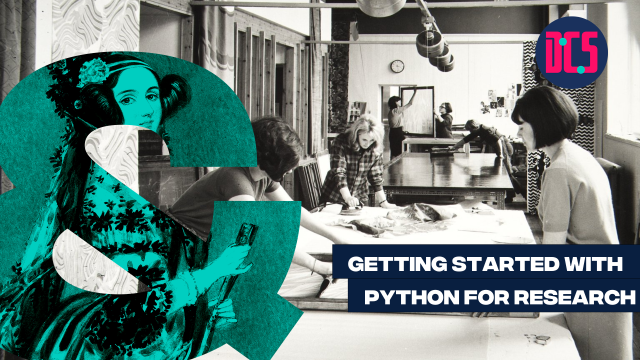Data Visualisation with R

This two-session course will focus on developing practical skills for visualising data in R, primarily using the ggplot2 package. A basic understanding of R is assumed, at the level covered in the Introduction to R and RStudio course, though participation in the previous course itself is not required in order to attend this workshop. Attendance at both sessions is required.
The first session offers an introduction to ggplot2 and a practical demonstration of the package. It focuses on topics such as:
-
Ggplot2 syntax
-
Basic plots with ggplot2
-
Deeper customisation of plots, including labels, colour maps, and re-sizing/re-positioning legends
-
Exporting plots
The second session focusses on some principles for using data visualisation in research. A more freeform practical exercise with example data is then offered, and attendees can attempt to replicate and improve visualisations. This covers processes that include:
-
Different types of plots and when and where each might be best used
-
The pitfalls of misleading data visualisation
-
Introduction to some more advanced visualisation possibilities
-
The workshop will ultimately help to develop a foundational understanding of Visualisation in R. Crucially, this will foster a familiarity with the principles of data visualisation and the capabilities of the software, allowing attendees to confidently apply these, or indeed seek out new concepts for their current and future research.
This is an intermediate level course. Intermediate sessions explore specific aspects of the method (libraries, tools etc.) and offer more in-depth understanding of the course topics, without introducing the basics. Some previous knowledge is required to be able to follow the content.
To attend this course, you will have to join the associated Microsoft Teams group. The link to join the group will be sent to the attendees prior to the course start date, so please make sure to do so in advance.
After taking part in this event, you may decide that you need some further help in applying what you have learnt to your research. If so, you can book a Data Surgery meeting with one of our training fellows.
More details about Data Surgeries.
If you’re new to this training event format, or to CDCS training events in general, read more on what to expect from CDCS training. Here you will also find details of our cancellation and no-show policy, which applies to this event.
Return to the Training Homepage to see other available events.







